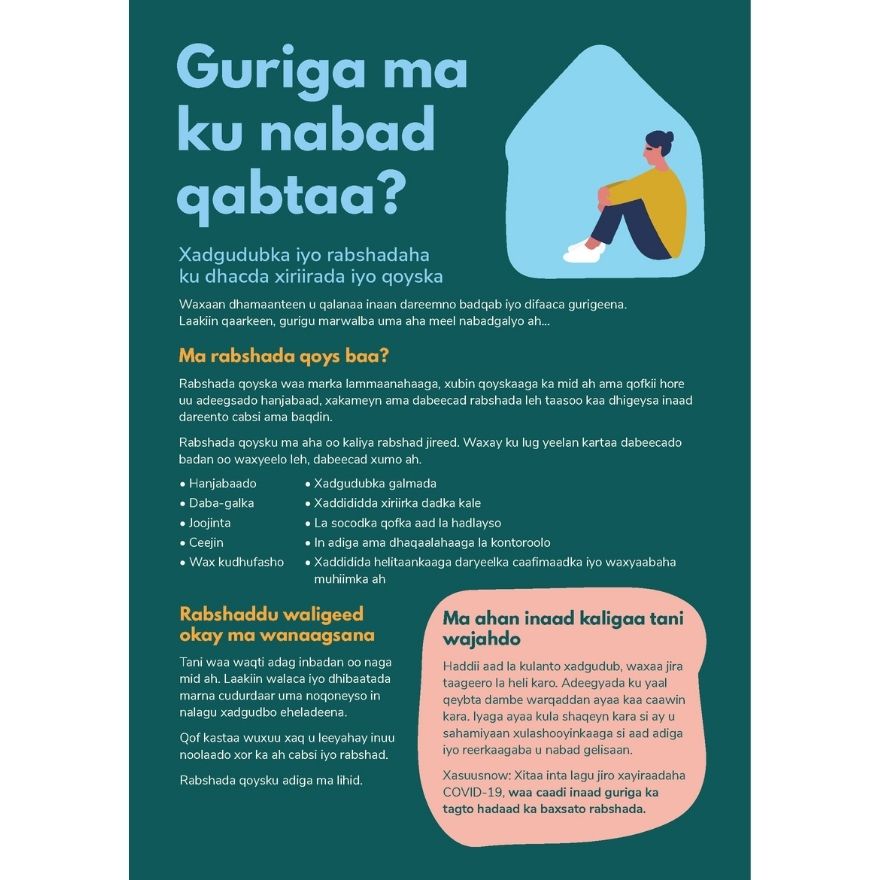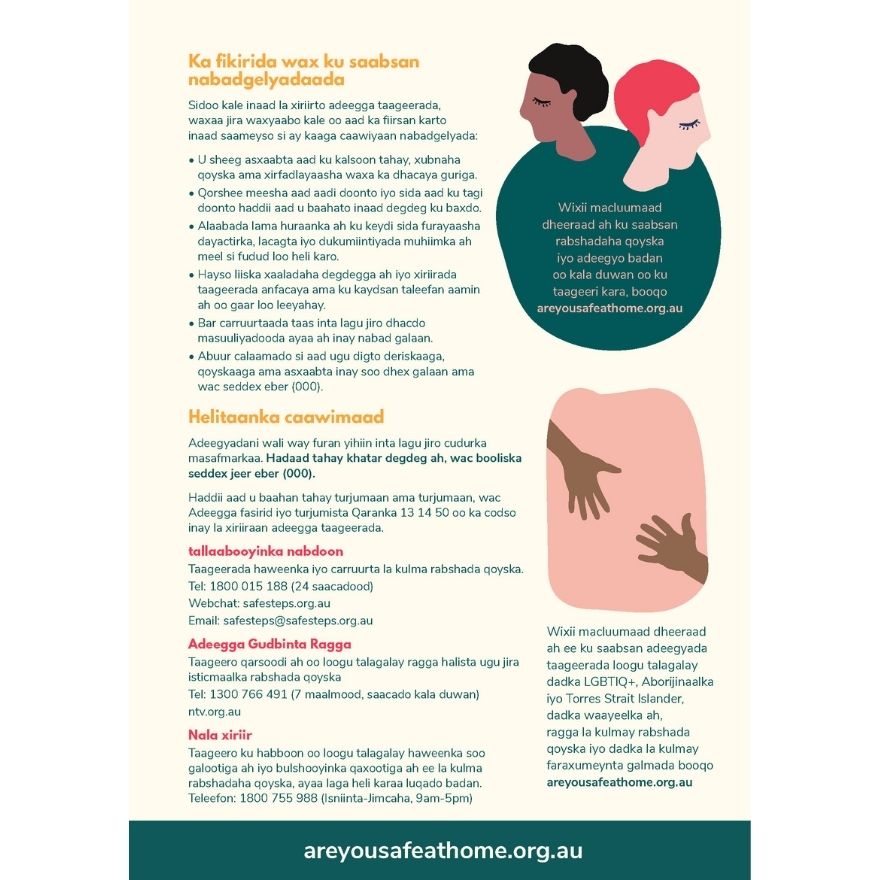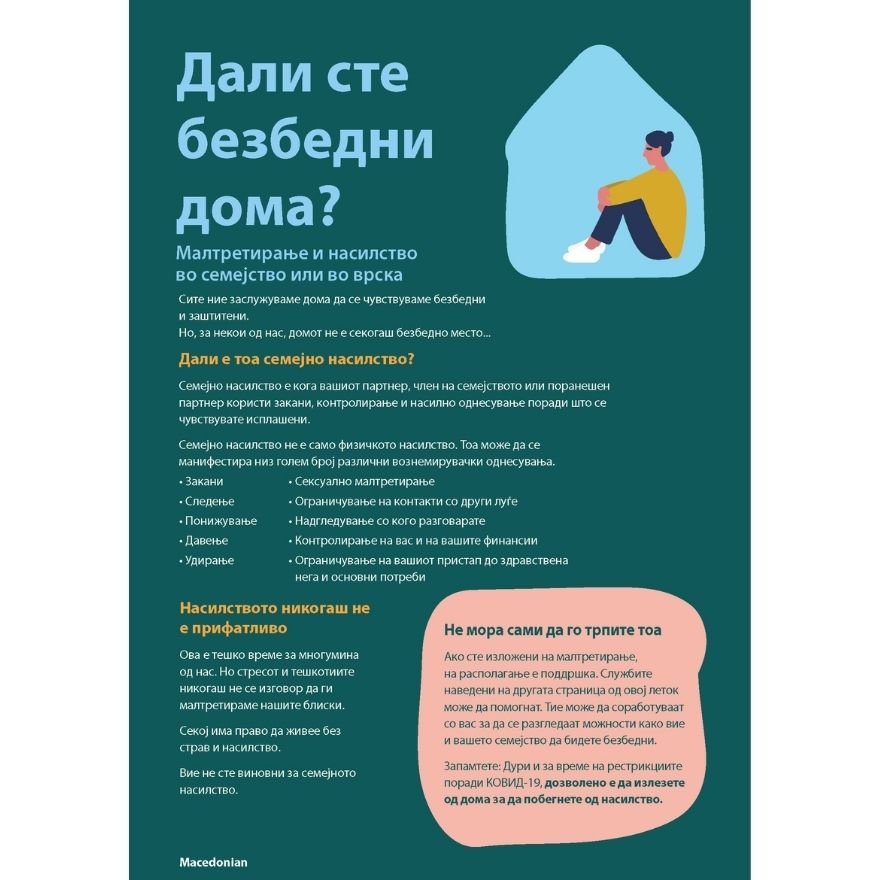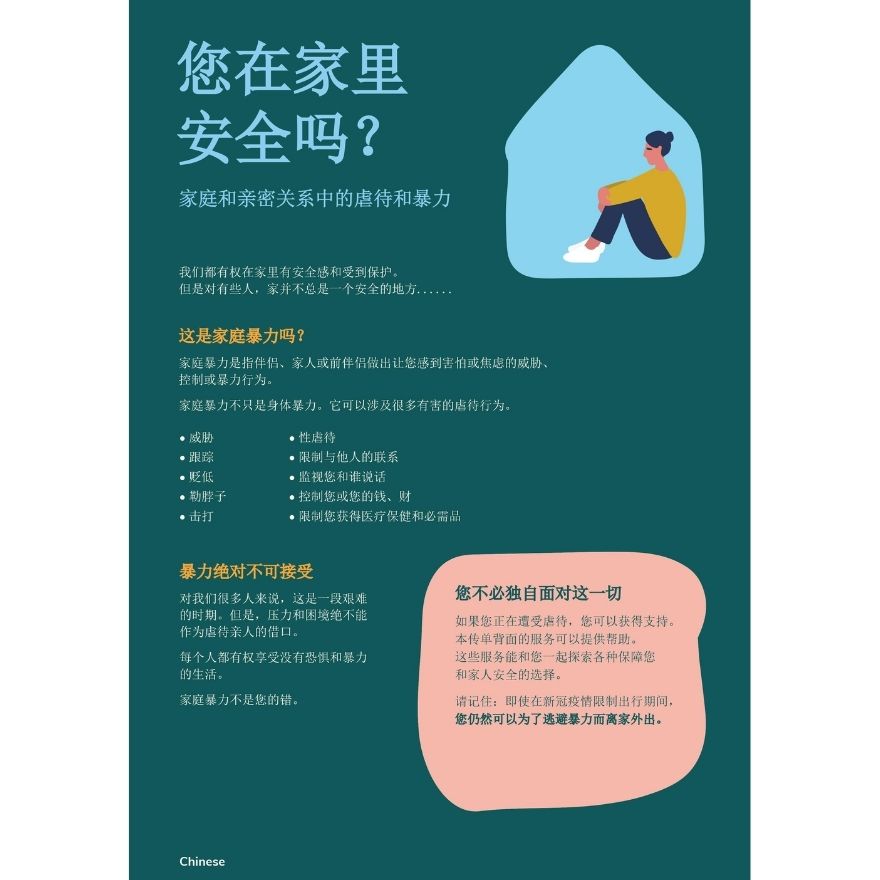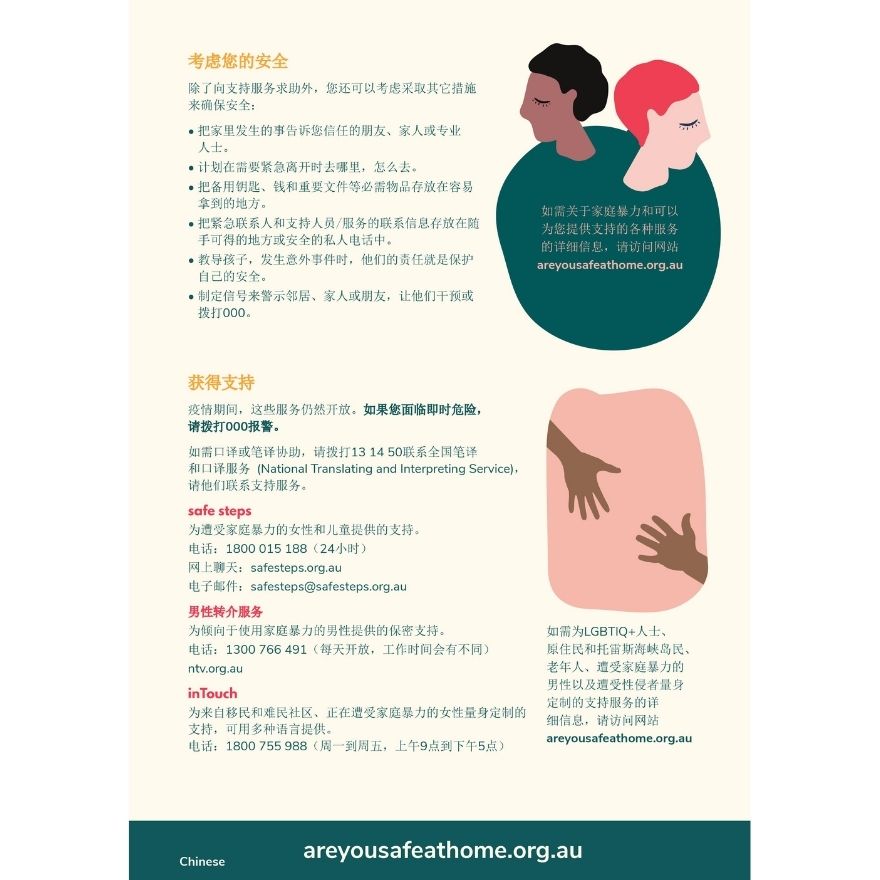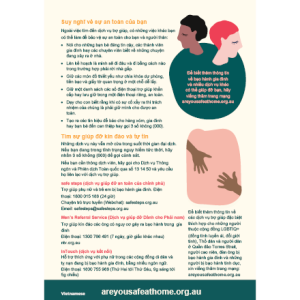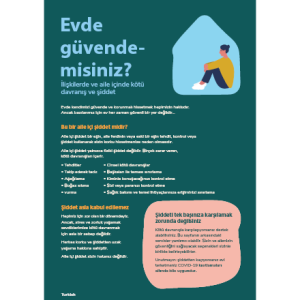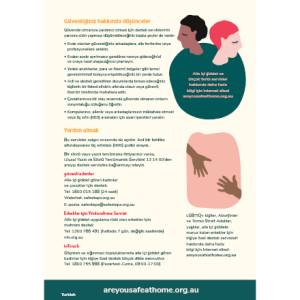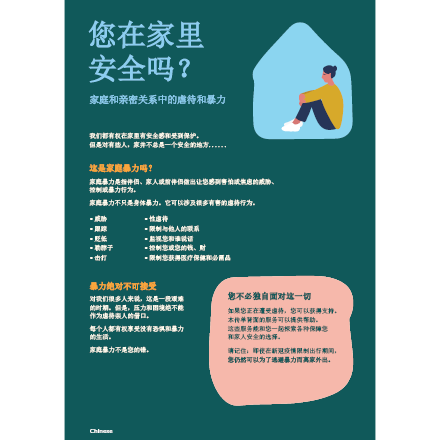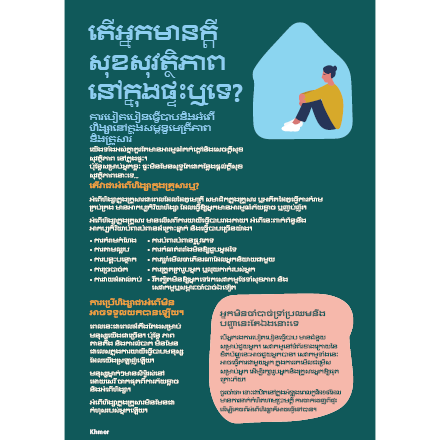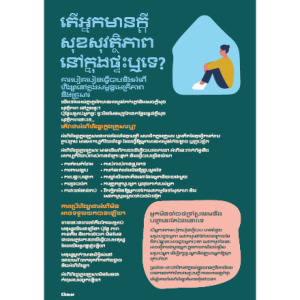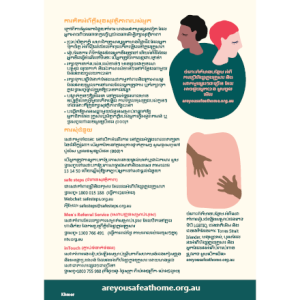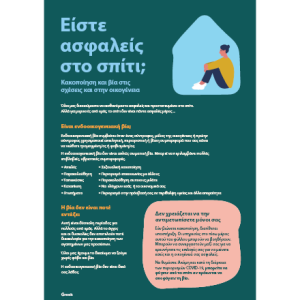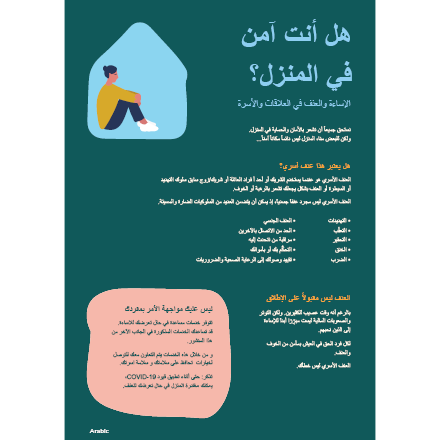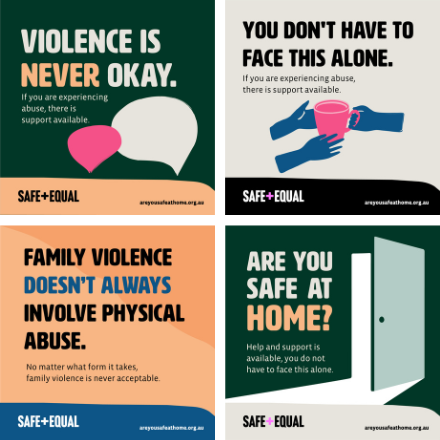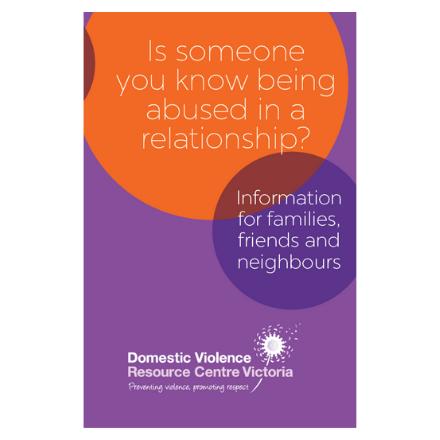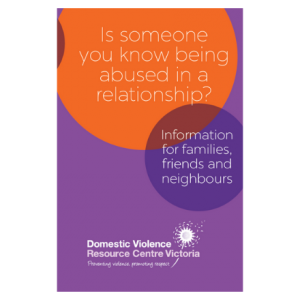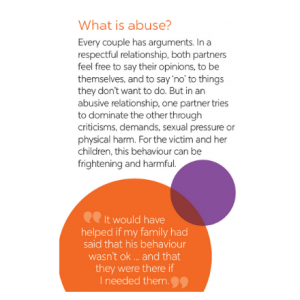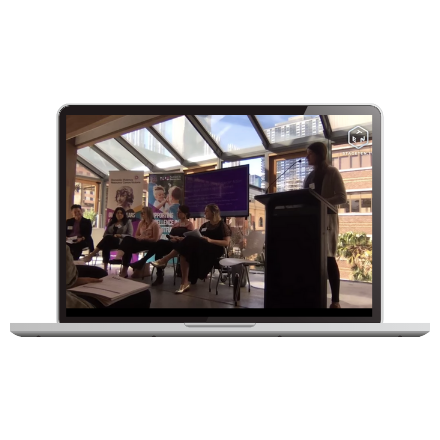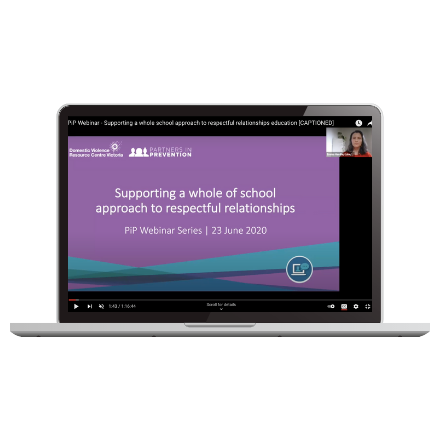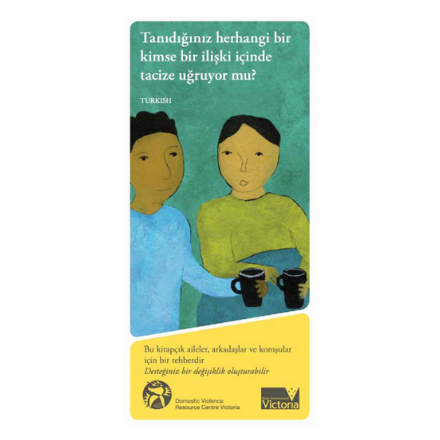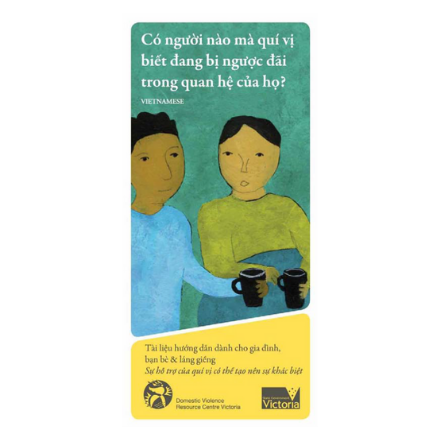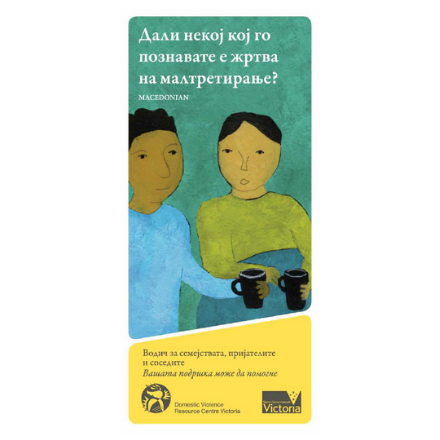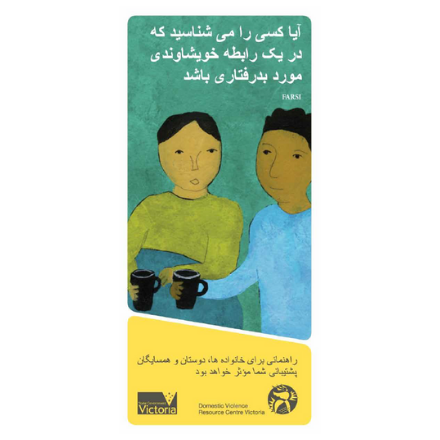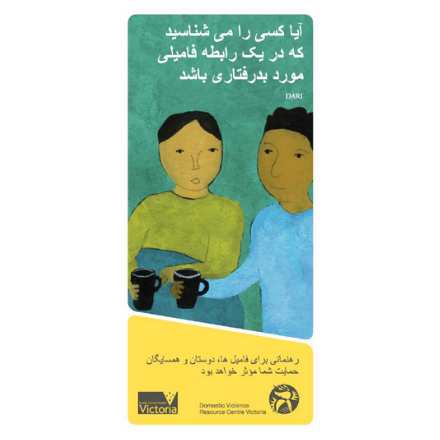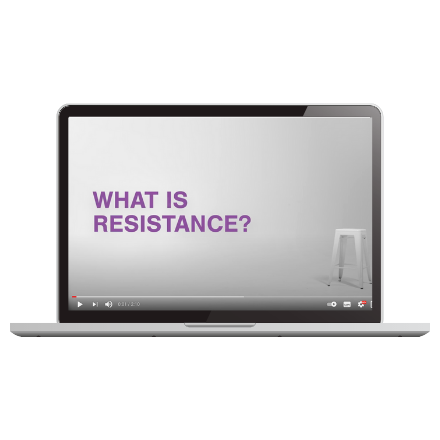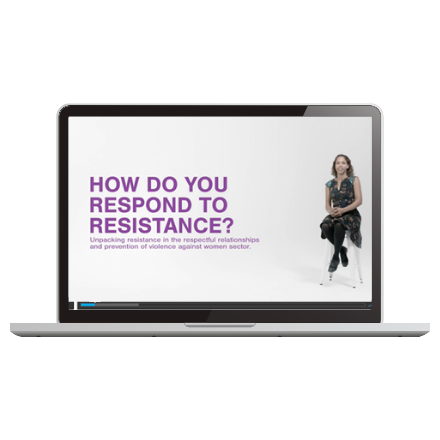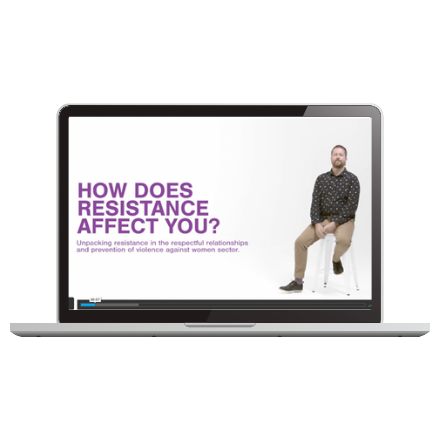We all have a role in recognising and responding to family violence, wherever we live, work and play.
On Thursday 6 April, Safe and Equal hosted an online information session for people wanting to support Are You Safe at Home? Day in 2023. We walked through this year’s campaign toolkit and supporting resources and highlighted actions people and organisations can take to support the campaign.
LEARN MORE
Are You Safe at Home? is a national initiative developed by Safe and Equal, designed to break down the fear and stigma associated with talking about family violence. Are You Safe at Home? provides clear information about what to look out for, what supports are available, and how to start a conversation if you’re concerned that someone you know is experiencing abuse.
Following the implementation of paid family violence leave into legislation earlier this year, the focus of Are You Safe at Home? Day 2023 is on the crucial role colleagues and workplaces play in recognising and responding to family violence and encouraging people to start the conversation with a colleague or loved one.
Learn more about Are You Safe at Home? Day and how to get involved here: https://areyousafeathome.org.au/

